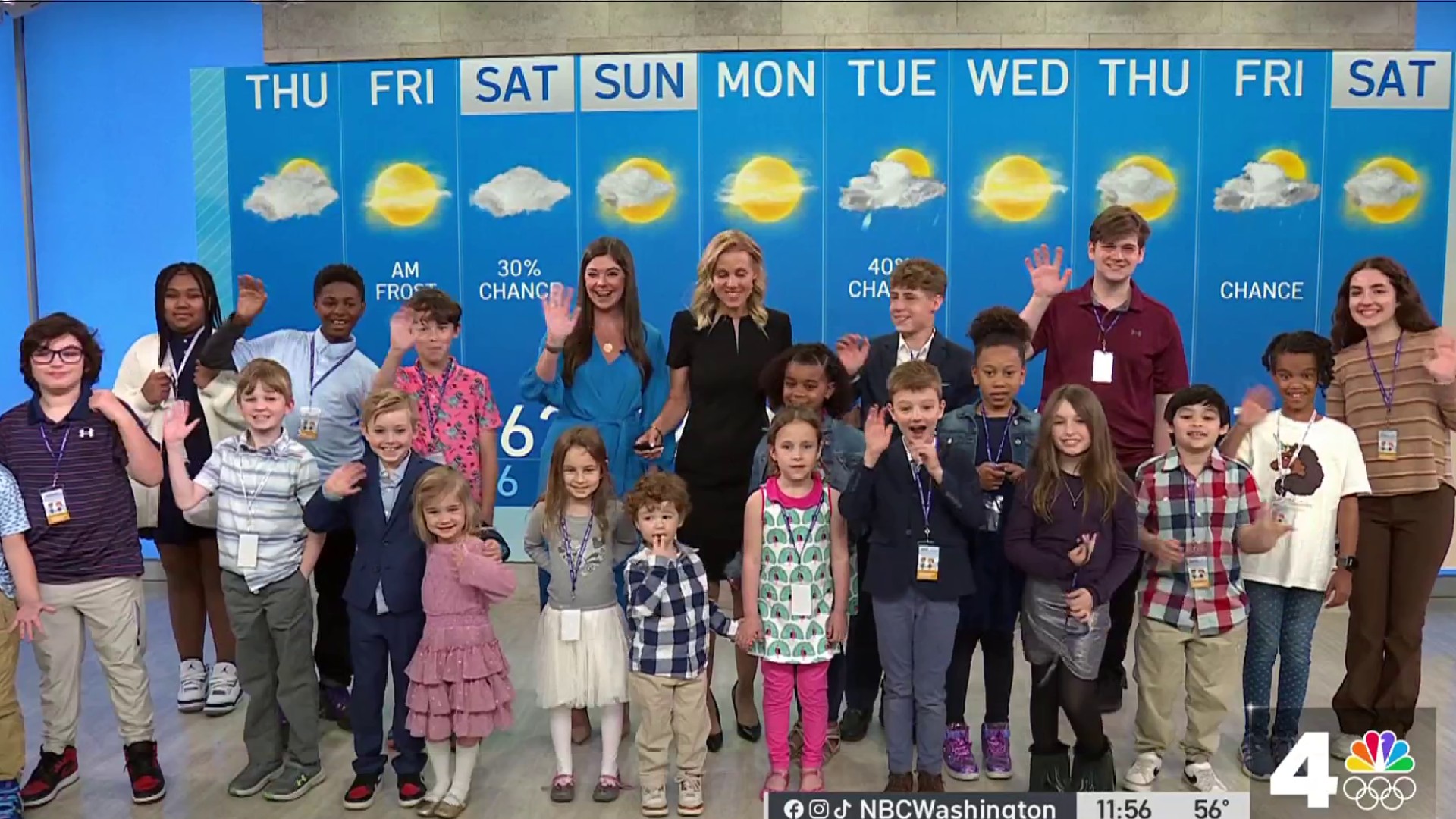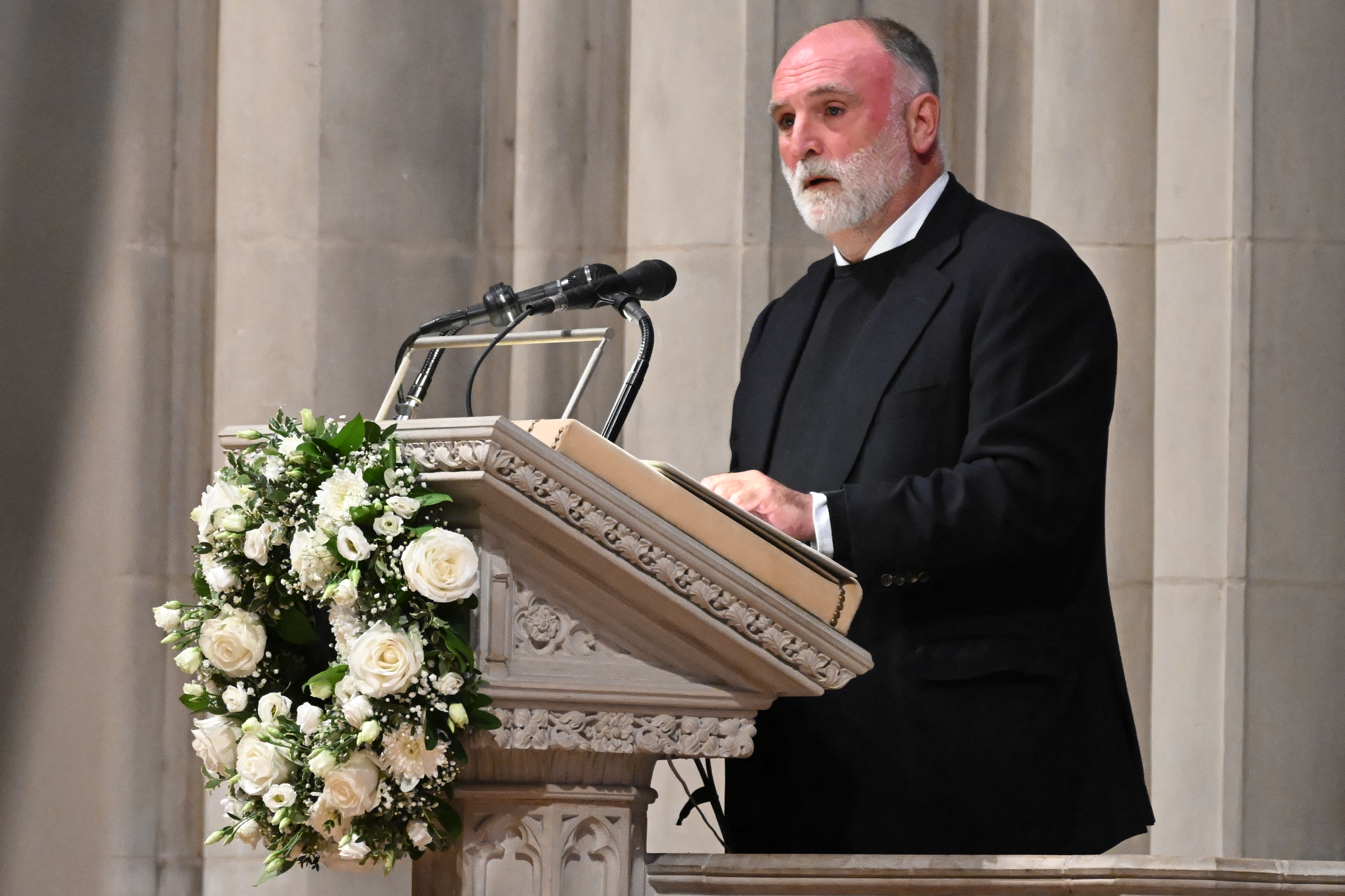D.C. health officials have confirmed a new case of measles in the District.
The District of Columbia Department of Health (DOH) confirmed the case Tuesday. They said the case is not related to the outbreak of measles stemming from Disneyland.
This is the second case of measles in the District this year. A previous case was diagnosed in January. Health officials said the first case was related to international travel.
There is no indication that the two D.C. cases are related, health officials said.
DOH officials said Tuesday that they've contacted everyone known to have been in contact with the patient and recommended they be vaccinated if not already immune.
They have not released any further information about either patient.
Local
Washington, D.C., Maryland and Virginia local news, events and information
"As we continue to monitor this situation, residents are strongly encouraged to get vaccinated as soon as possible," said DOH Director Dr. LaQuandra S. Nesbitt in a release. "Adequate prevention and protection of measles requires we work together as a city to educate, inform and help ensure residents are equipped with the necessary tools and resources needed to reduce possible new cases of measles in the future."
Nesbitt said D.C. health officials are asking healthcare providers to review their patients' immunization history at each visit.
Measles has been making headlines recently after an outbreak linked to Disneyland led to multiple cases, and several unrelated cases have been reported elsewhere, including in a Bard College student who travelled through New York's Penn Station before being diagnosed.
The Centers for Disease Control said 141 cases of measles have been reported nationwide between the beginning of the year and Friday.
D.C. health officials say measles is spread through the air from an infected person’s coughing or sneezing, or by direct contact with nasal or throat secretions of an infected person. Symptoms can appear between seven and 21 days after exposure, but most commonly at 14 days.
About 90 percent of non-immune people exposed to an infected person will catch measles, according to the D.C. Department of Health.



